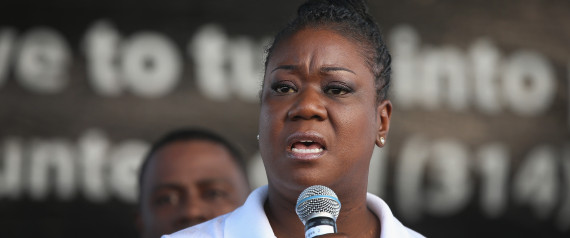
Since Trayvon Martin’s death in 2012, his mother, Sybrina Fulton has been seen as a warrior in the #BlackLivesMatter movement. She has founded the Travyon Martin Foundation, served as spiritual support to Black families, has spoken out at rallies, organized protests, and been relentless behind closed-door meetings fighting for justice for her son and other black men who have been killed unjustly.
Most recently, on February 5, the day that Trayvon would have turned twenty years old, she was asked how she was feeling on a television interview. I stopped what I was doing and turned up the volume. I wondered if she was willing to explicitly articulate, with her words, the visible weariness and acute sadness communicated in her eyes.
To paraphrase, she said that waking up on the morning that should have been her son’s birthday was painful. She said that she wanted to stay in bed; on that day, nothing went right and she wished the day could have ended sooner.
I was relieved that Ms. Fulton seized this opportunity to express her full humanity. Equally important, I’m glad that America had a chance to see Ms. Fulton outside the caricature of the steely, strong, and fierce freedom fighter that we, as a nation have fully supported and embraced and should take responsibility in co-creating. For black and white folk alike, the “black woman built outta brick” is part of our national identity and consciousness; despite its empirical lack of veracity, we cling to this ideal at time of national crisis for a sense of collective comfort.
And yet.
Instead of dissembling and minimizing the pain of the death of her baby as to stay strong for the movement, Ms. Fulton stood firm in her vulnerability and reminded the world that she is complex, human, and with every right to be seen as such.
I hope this act of public self-defining and self-healing is not overlooked. In a nation, where the intersection of race, gender, class, and policy, create heavy, unbearable realities for many black women to shoulder; and where we are asked to bury our pain and endure (preferably in silence), Sybrina Fulton, in stating that she was not okay, was asking more of herself, more of her community, and more of her country.
For more, go here.
